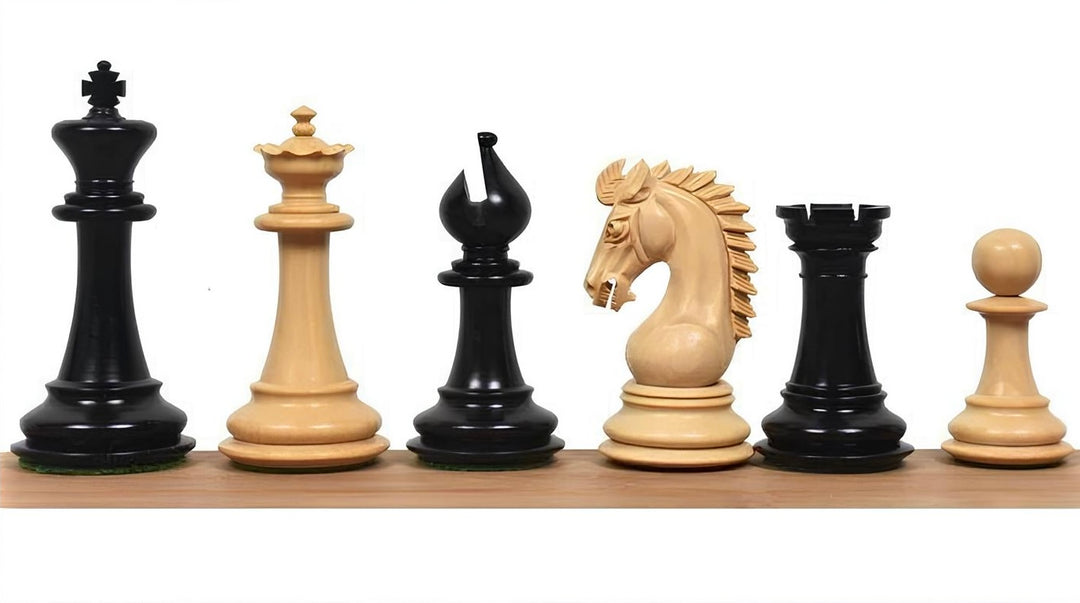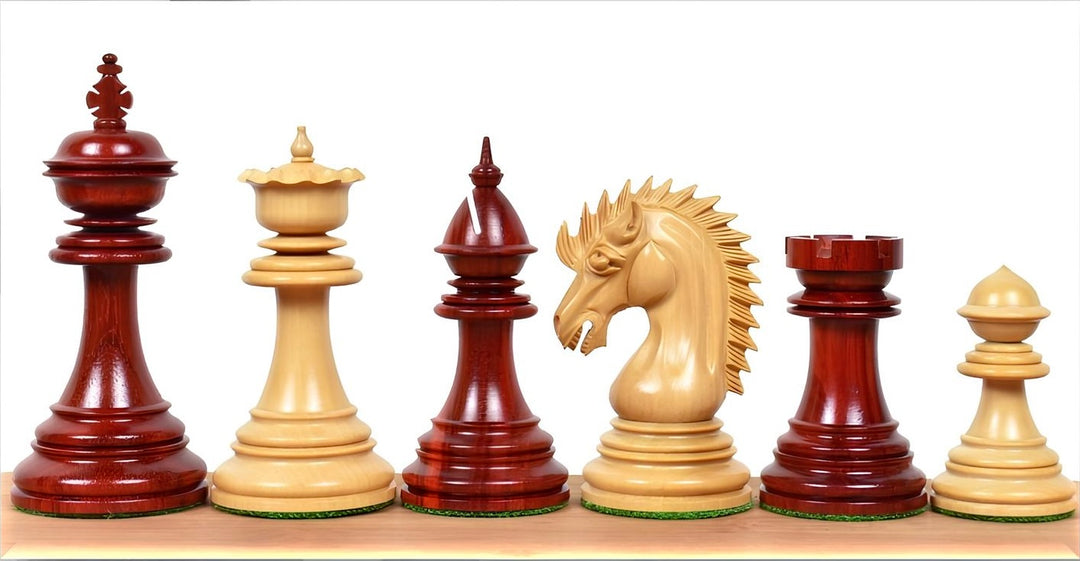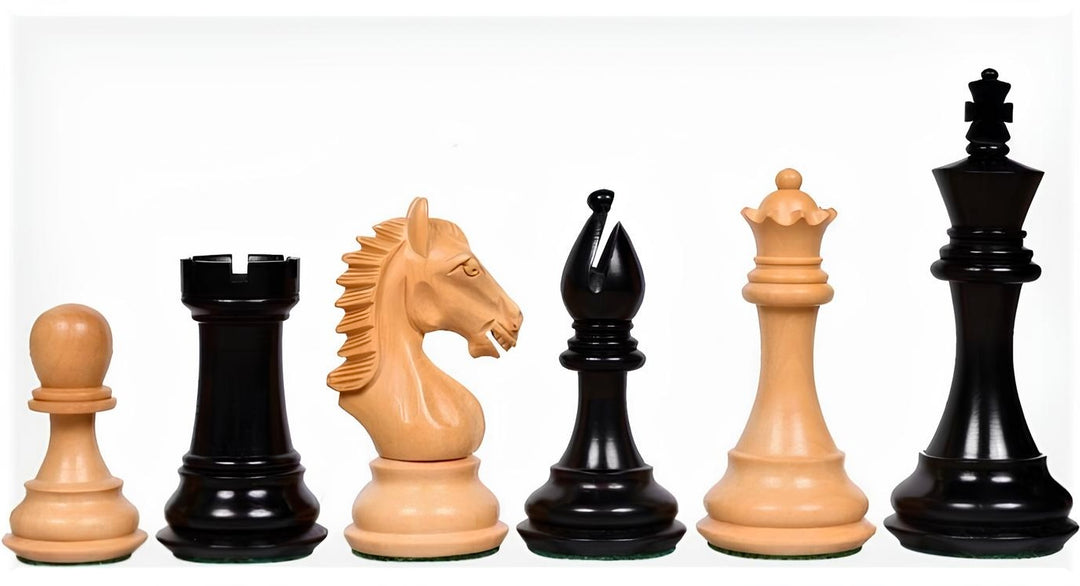The Fascinating History of Chess
Chess, one of the oldest and most complex board games in the world, boasts a rich history that stretches back over a millennia. The game, as we know it today, has undergone substantial transformations, evolving through various cultures and continents. Its origin story, while shrouded in legend, is generally believed to have started in ancient India, before spreading to Persia, the Islamic world, and eventually Europe, where it became the structured game known today.
Ancient Beginnings
The earliest precursor to chess is believed to be the game of Chaturanga, which originated in India during the Gupta Empire around the 6th century AD. Chaturanga, which translates to 'four divisions of the military'—infantry, cavalry, elephants, and chariotry—represented the key components of an army. This game was played on an 8x8 grid, known as Ashtapada. It is not only considered a forerunner to modern chess but also to other strategic board games, including Shogi (Japanese chess) and Xiangqi (Chinese chess).
Migration to Persia
From India, the game migrated to Persia, where it became known as Chatrang, and following the Islamic conquest of Persia, it became Shatranj. The Persians also introduced the names for check and checkmate in Shatranj, which are terms still used in modern chess. Furthermore, Persian rulers used the game as a tool to teach military strategy. Shatranj remained popular across Muslim territories, influencing many regional varieties over the following centuries.
Introduction to Europe
Chess continued its journey westward into the Byzantine Empire and then into Europe around the 10th century. The game's appearance in Europe coincided with the period of the Moorish conquests in Spain. Its spread throughout the European continent was gradual, reflecting various socio-cultural and political changes, particularly during the Middle Ages. By the late 15th century, the rules of chess had evolved to nearly their current form, particularly with the enhancement of the queen's abilities, in what came to be called the Queen's Gambit.
Modernizing the Game
With the Renaissance, chess evolved dramatically; this period saw the introduction of new playing techniques, the standardization of rules, and the development of organized competitive play. The modern chess pieces received their present powers with new rules for the queen and bishop; this significantly increased the game's speed and appeal and began to resemble more closely the chess we know today. This period also marks the first recorded modern chess games and the publication of comprehensive books on chess strategy.
Global Expansion and Chess Today
During the 19th and 20th centuries, chess tournaments and chess clubs began to form around the world, and the first official World Chess Championship took place in 1886. Today, the game is truly global, with international competitions presided over by the International Chess Federation (FIDE). Chess has permeated cultures around the world and maintained relevance through its rich blend of cultural, strategic, and intellectual elements.
Influence on Culture and Society
Chess has not only served as a pastime but also as a metaphorical lens through which many societal elements such as class struggles, political conflict, and warfare have been explored in literature, art, and other cultural expressions. Its strategic nature has made it a tool for military and political strategy, and its intellectual challenge keeps the game deeply embedded in educational practices worldwide.
The origins of chess reflect a confluence of historical and cultural developments across the world, which illustrate the game's adaptability and enduring fascination. From its beginnings in ancient India to its status as a globally enjoyed intellectual exercise, chess continues to captivate the minds of millions of players, both amateur and professional, and it undeniably holds a significant place in the annals of human tradition and achievement.
Explore our large collection of luxurious chess sets!






















































Leave a comment